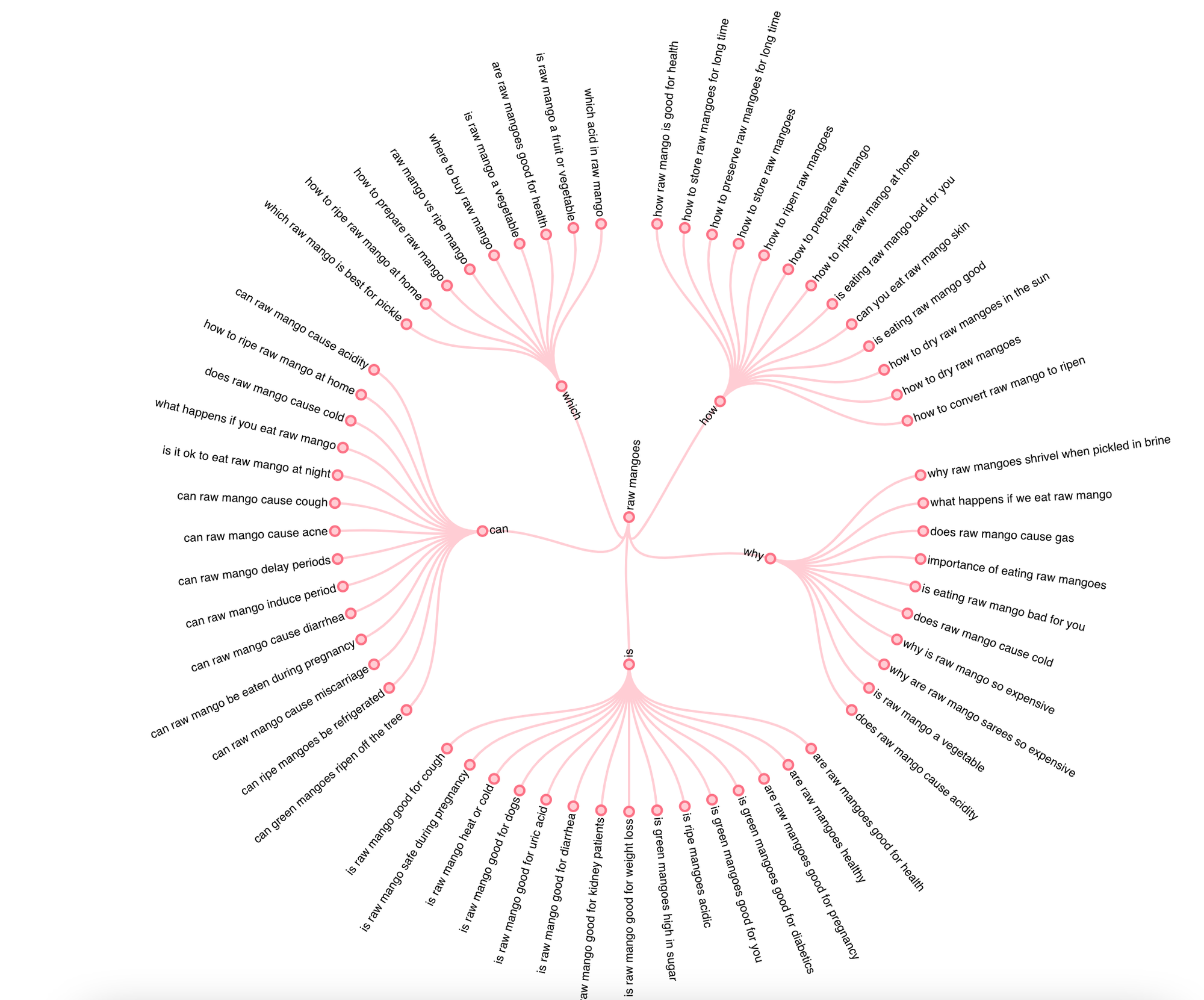Long Tail Keyword Research: Unlocking the Power of Targeted SEO
Long-tail keyword research is a compelling strategy that can lead to increased traffic and higher conversion rates when executed correctly. By utilizing the techniques and tools mentioned in this guide, you can enhance your SEO efforts and become part of an increasingly targeted market.

In the vast ocean of digital marketing, keyword research serves as the navigational compass that guides businesses to their target audience. Among the various types of keywords, long tail keywords have emerged as a pivotal tool for enhancing SEO strategies. This article dives deep into the significance of long tail keywords, effective research methods, and tips for implementation.
What are Long Tail Keywords?
Long tail keywords are typically phrases consisting of three or more words that are highly specific to what you’re selling or promoting. For example, instead of targeting a broad keyword like "shoes," a long tail keyword might be "women's running shoes for wide feet." While long tail keywords tend to have lower search volume compared to their short tail counterparts, they usually offer higher conversion rates because they are more aligned with user intent.
Why Use Long Tail Keywords?
- Higher Conversion Rates: Long tail keywords attract users who are further along in the buying funnel.
- Lower Competition: Fewer websites are competing for these specific phrases, making it easier to rank.
- Improved Targeting: They allow for better targeting of niche markets and specific demographics.
How to Conduct Long Tail Keyword Research
- Use Keyword Research Tools
There are numerous tools available that can help you identify long tail keywords. Here are some recommended options:
- Google Keyword Planner: A free tool that provides keyword ideas and traffic estimates.
- Ahrefs: Offers extensive keyword suggestions and competitive analysis.
- Ubersuggest: A user-friendly tool for finding long tail keywords and their search volume.
- Analyze Search Intent
Understanding the intent behind a search query is essential. Use the following types of search intent to frame your long tail keywords:
- Informational: Users are looking for information (e.g., "how to choose running shoes for wide feet").
- Navigational: Users want to find a specific site (e.g., "Nike women's shoes homepage").
- Transactional: Users are ready to make a purchase (e.g., "buy women's running shoes online").
- Leverage Google Suggestions and Related Searches
Type a seed keyword into Google and examine the autocomplete suggestions. Meanwhile, scroll down to see "Related Searches" at the bottom of the results page. These areas can provide excellent long tail keyword ideas.
- Competitor Analysis
Analyze competitors targeting similar niches. Tools like Ahrefs can help to identify the long tail keywords they rank for, revealing gaps and opportunities for your content strategy.
- Use Keywordly's Long Tail Keyword Research
As you start typing a search query, Autocomplete provides suggestions for the most popular related searches. These suggestions often expose the common pain points and questions your audience has.
Incorporating these queries into your content ensures you're addressing the topics your competitors may be overlooking. By analyzing these keywords, you can identify content gaps and emerging trends that your competitors may not have capitalized on. Additionally, Autocomplete can reveal user intent, helping you refine your keyword strategy to better meet the needs of your audience.
Keywordly data provides you real-time data on what people are actually searching for on Google based on your seed keyword term. This helps generate long tail keywordsand fresh content ideas.
Keywordly listens into autocomplete data from search engines like Google then quickly cranks out every useful phrase and question people are asking around your keyword.
Below is an example of how Keywordly helps you the long-tail keyword questions that you can answer in your content and rank higher. 😄

FAQ Section
- What is the difference between short tail and long tail keywords?
Short tail keywords are usually one or two words long and have high search volume but also high competition. Long tail keywords are more specific phrases that tend to have lower search volume but higher conversion rates and lower competition. - How many long tail keywords should I target?
There is no one-size-fits-all answer. It depends on your content strategy and niche. Generally, targeting 5-10 long tail keywords per piece of content is a good starting point. - Does using long tail keywords guarantee better rankings?
While long tail keywords can improve your chances of ranking higher due to lower competition, they are just one part of a comprehensive SEO strategy. Quality content, user engagement, and backlinks are also crucial factors. - Can I automate long tail keyword research?
While tools can facilitate keyword research, the analysis of user intent and the strategic implementation requires a human touch. It's best to blend automated tools with your insights.
Are long tail keywords more effective than short tail keywords?
While short tail keywords have a higher search volume, long tail keywords generally have lower competition and higher conversion rates, making them invaluable for niche targeting.
How many long tail keywords should I target on a single page?
It is advisable to target 1-3 long tail keywords on a single page to maintain focus and ensure that the content remains relevant and coherent.
Conclusion
Long tail keyword research is a cornerstone of effective SEO strategy. By focusing on these specific phrases, businesses can achieve higher conversion rates and enhance their online visibility. Through the use of various tools, understanding search intent, and implementing a robust backlink strategy, marketers can successfully tap into the potential of long tail keywords.
For more comprehensive guides and resources on SEO and keyword research, visit:
- Moz: Keyword Research(https://moz.com/beginners-guide-to-seo/keyword-research)
- Neil Patel: Keyword Research Guide(https://neilpatel.com/what-is-keyword-research/)
- Backlinko: SEO Techniques(https://backlinko.com/seo-techniques)
Taking the time to conduct thorough long tail keyword research can significantly impact your online presence and drive targeted traffic to your website.
Feel free to reach out if you have any questions or require further information on optimizing your keyword strategy!



